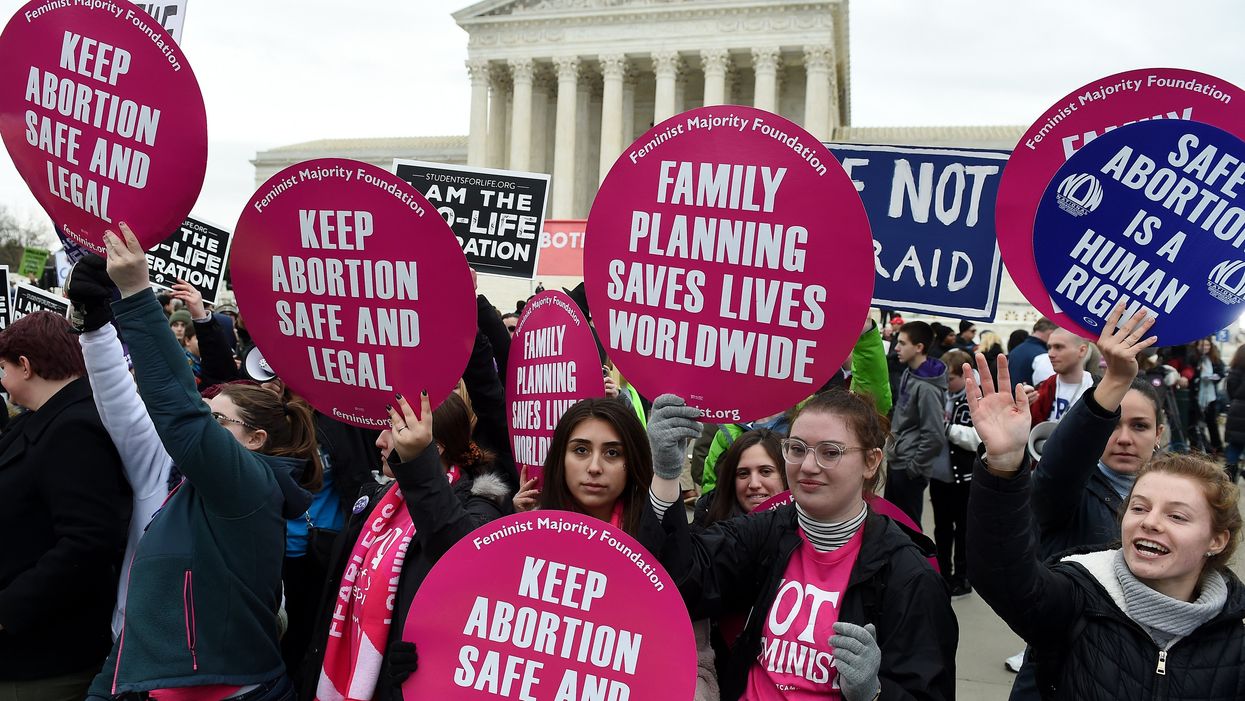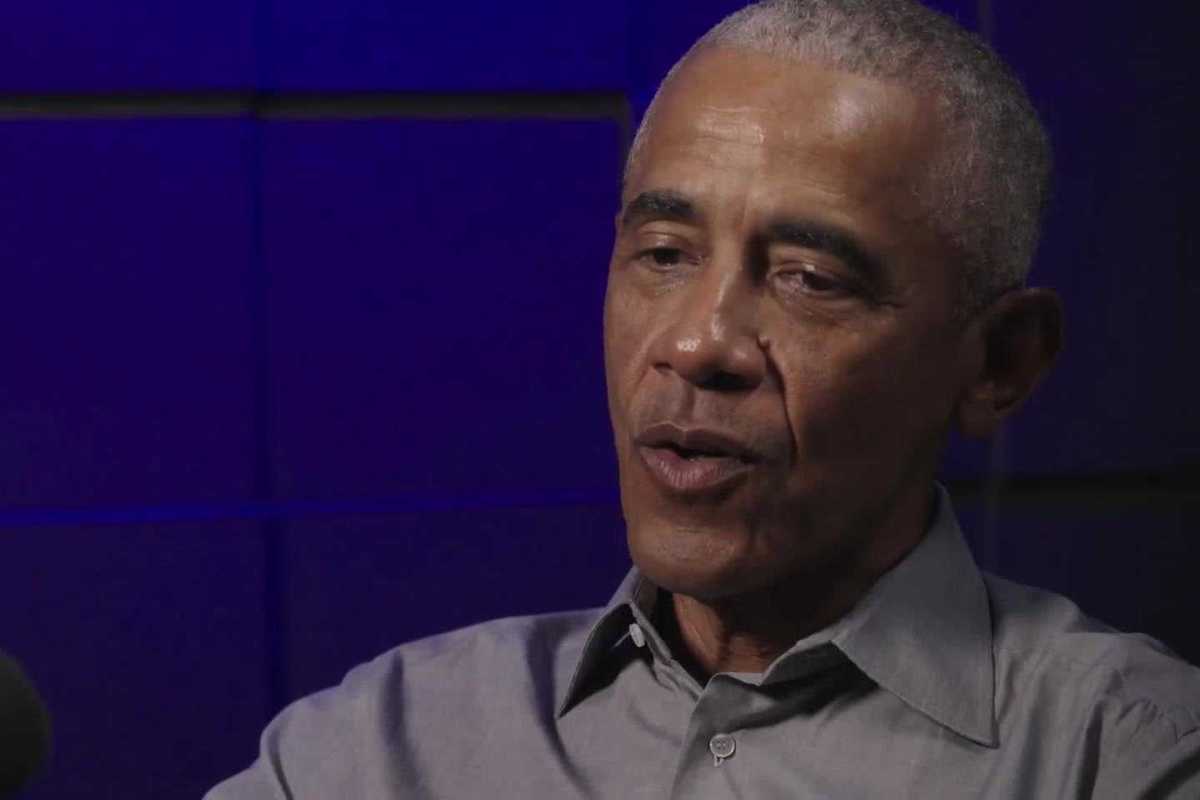Politics
Sandra Salathe
May 17, 2021

Pro-choice and pro-life activists demonstrate in front of the the US Supreme Court
Getty Images/OLIVIER DOULIERY
Attacks on reproductive rights are nothing new, but thanks to the 1973 court decision ofRoe v. Wade, abortion is now recognized as a safe and legal procedure in the US. However, attacks on abortion access are growing at momentous speed. Within the last four years, the US witnessed abortion restrictions at an all-time high. According to data from the Guttmacher Institute, 32 states enacted 394 new abortion restrictions from 2011 to 2017.
What’s more, the Covid-19 pandemic created more excuse for pro-life government officials to strategically enforce additional restrictions on reproductive rights. On Monday, the Supreme Court said it would hear a case from Mississippi that could undermine Roe v. Wade. The case, which the Supreme Court agreed to hear Monday, concerns a Mississippi abortion law passed in 2018 banning abortions after 15 weeks with limited exceptions.
So how will that impact Roe and the future of abortion access? We’re breaking it down step by step.
What is Roe v. Wade?
In order to understand the impact this case could have on abortion, it’s important to understand the logistics of Roe v. Wade. The 1973 landmark decision by US Supreme Court legalized abortion and protects a pregnant woman’s right to choose to have an abortion without government restriction under the US Constitution.
Although Roe offers women the right to choose, that hasn’t stopped Republicans from tirelessly trying to dismantle it. With that being said, many individuals still struggle to receive care and continue to face barriers surrounding access to it.
How will Mississippi’s case impact Roe and abortion access?
The fact the court has decided to hear the Mississippi case now, merely confirms the court’s vast divisions among the constitutional status of abortion access. Especially with the confirmation of conservative judge Amy Coney Barrett to the Supreme Court last September. Since then, many have feared this country will witness a shift that will set our country back decades.
Since the retirement of Justice Anthony M. Kennedy in 2018, conservatives have worked tirelessly to challenge Roe, hoping the court will reconsider its past precedents. With Trump’s newest appointee, the nation’s highest court now has a 6-3 conservative majority.
If the ban were to take effect, clinics in Mississippi would be forced to turn patients away, with many losing their right to abortion in this state.
What would happen if Roe is overturned?
Abortion is already a tricky subject to navigate within the US, especially with Republicans attacking it at every angle. But if Roe were overturned abortion won’t just be challenging to come by: it will be nonexistent. The South has the most restrictions surrounding abortion, with certain states taking advantage of the pandemic and temporarily banning the procedure.
Government officials in states including Texas, Ohio, Arkansas, and Iowa have all restricted or banned abortion at various points during the pandemic, according to the Guttmacher Institute. In addition, 58 new restrictions were enacted in 2019, including 25 abortion bans in 12 states.
These obstacles aren’t just a coincidence: they’re strategic.
But even if Roe v. Wade were overturned, it wouldn’t go into effect automatically. According to an analysis from Middlebury College, abortion would likely become illegal in only 22 states. That’s still a vast percentage, meaning for 41% of women of childbearing age, the nearest abortion clinic would close.
However, “trigger laws“ that are currently pending would immediately go into effect if Roe is overturned. Arkansas, Mississippi, Louisiana, North Dakota, and South Dakota are among the states to propose these so-called “trigger laws.”
Top 100
The Conversation (0)













